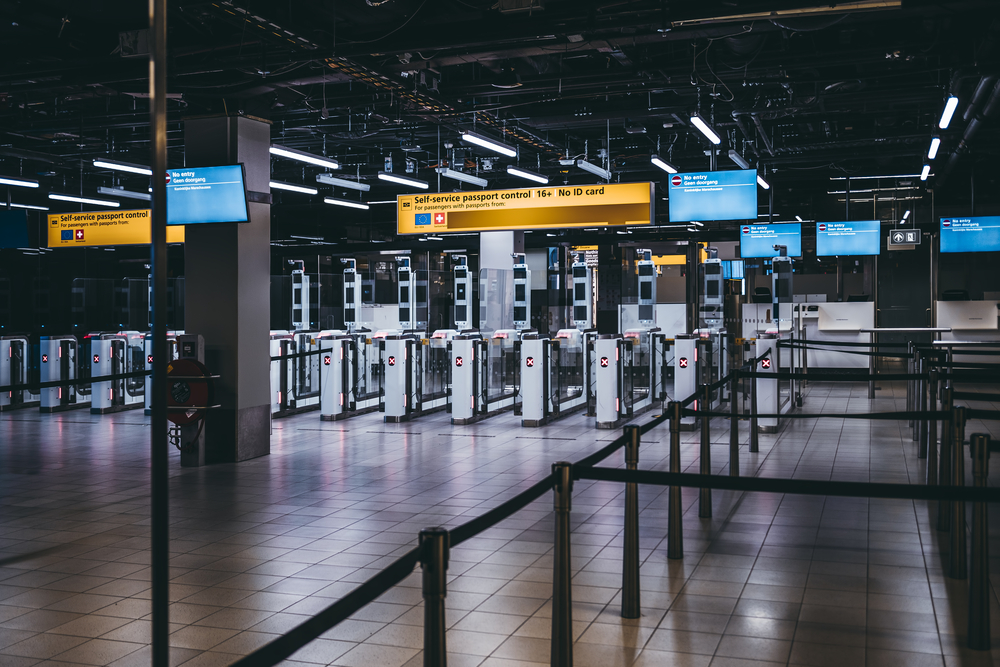The Dutch government is planning to raise salary thresholds and tighten rules for companies employing kennismigranten, or highly skilled migrants, in a move ministers said is aimed at limiting misuse of the scheme.
Social affairs minister Eddy van Hijum said in a 30-page briefing to MPs on Friday that the higher pay requirements would help ensure that only top talent, with skills scarce on the Dutch labour market, are recruited under the fast-track visa.
A year ago, social affairs ministry inspectors said the scheme is open to fraud, is outdated and not properly supervised. Inspectors said they had come across “hairdressers, cable layers, cleaners, payroll workers, hospitality sector workers and nail salon workers” who have been brought to the Netherlands using the scheme.
Van Hijum now plans to increase the minimum monthly gross salaries excluding holiday allowance to €5,688 for kennismigranten aged 30 and over, €4,171 for those under 30, and €2,989 for recent graduates. The rate for those over 30 would match the European Blue Card standard of 1.3 times the average gross salary.
The government also wants to restrict the use of reduced salary thresholds. Currently, highly skilled migrants under 30 can remain on a lower threshold indefinitely if they stay with the same employer.
In future, the higher threshold would apply once they turn 30, regardless of whether they change jobs. The lower threshold for recent graduates will also be limited to a maximum of three years after graduation.
Van Hijum said stricter checks will stop companies from using the scheme for lower-skilled jobs, such as cleaners or hospitality workers. Employers will face tighter financial and integrity checks before being approved to use the scheme, and inactive sponsors may lose their status more quickly.
There will be no change to the rules for bringing in partners.
The government said the proposed measures are designed to retain the positive aspects of the scheme, including its speed and simplicity, while ensuring it better serves the intended goal of strengthening the Dutch knowledge economy.
Ministers plan to consult parliament and other stakeholders further before finalising the changes.
Last year, just over 12,000 applications were made to bring workers to the Netherlands using the visa scheme, of which 10,500 were approved.
Fewer new arrivals
In particular, there was a sharp decline in the number of Indian nationals moving to the Netherlands for skilled work in IT and other sectors, national statistics office CBS said last month.
The downturn came as the right-wing government worked on plans to reduce the number of people moving to the Netherlands to work and study, despite concerns from companies about shortages of skilled staff.
The fall in arrivals from typical “expat” countries is also reflected in figures from the Netherlands’ international arrival centres, which help newcomers with paperwork and settling in.
Last year, just over 24,400 people used these services, compared with nearly 33,000 in 2023. The centres mainly serve people arriving on highly skilled migrant visas and their families, and do not include all newcomers.
